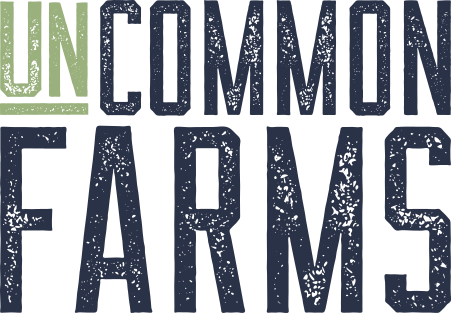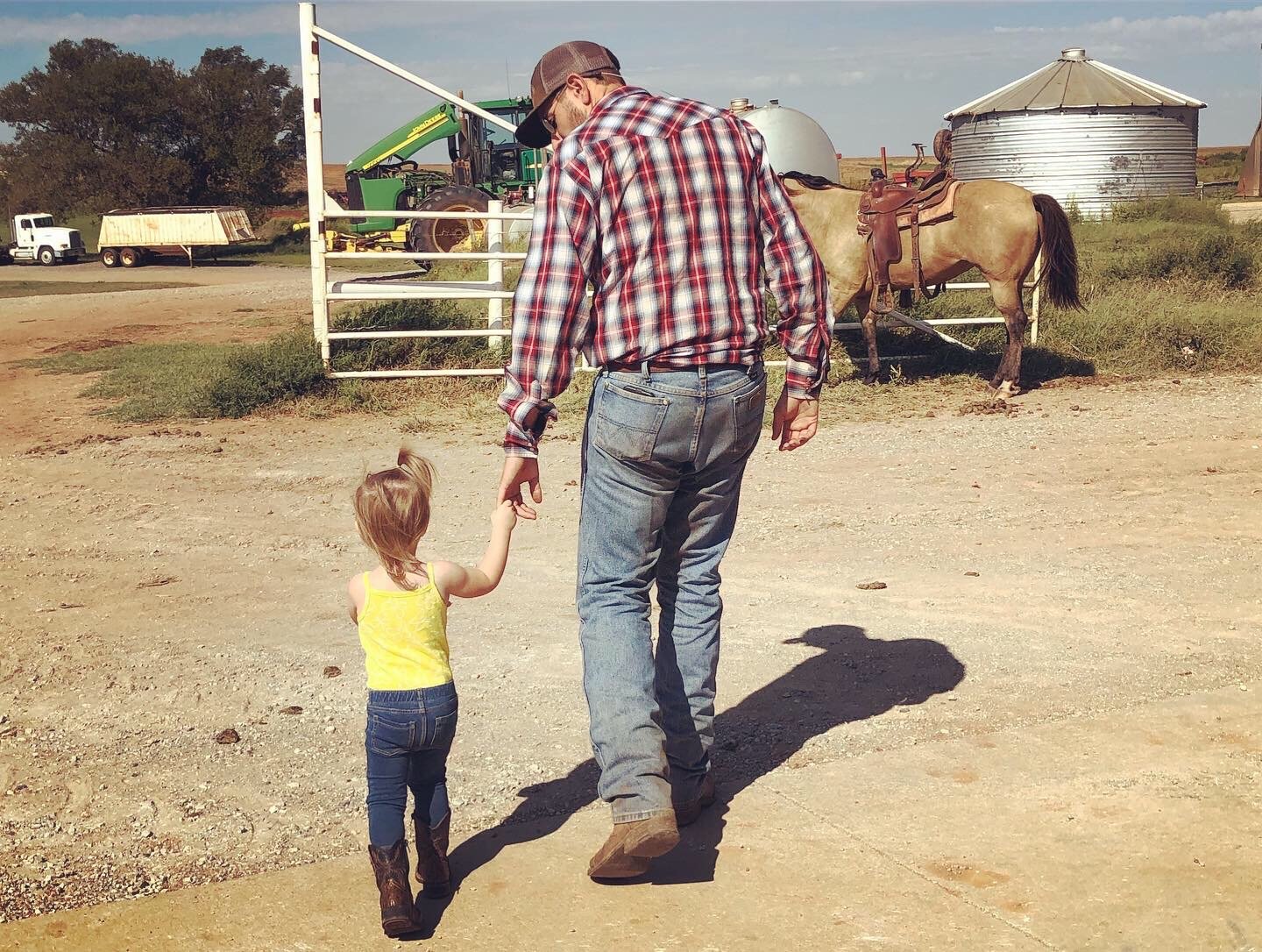Farm business succession planning has become a very popular topic in the last decade, but why? Perhaps because transferring a family business to the 3rd or 4th or 5th generation is less likely to be successful than to the generation before it. Planning is so important because it is the best way to ensure the family farming legacy survives and that the business is around not only to support future generations but also to give them an opportunity to live the lifestyle they desire.
So, what is Farm Business Succession Planning really?
Succession planning is more than an estate plan. It is more than transfer of management activities. It is more than tax planning and more than retirement planning. Yet, it includes all of those. Succession planning starts with a proper business foundation and includes the transfer of ownership of the assets, transfer of management activities, proper governance, financial/retirement planning, and preservation of family wealth through estate planning. This, combined with the fact that individuals can wear multiple hats including family, owners and employees, makes successful succession planning seem impossible but the key is to just keep moving forward.
Succession planning starts with a proper business foundation. This includes things like a mission, vision and core values, a strategic plan with annual objectives that are measurable, job descriptions, an organization chart, SOPs, a budget, financial reports and proper business entities. Having a strong business foundation allows the business to be positioned for a successful transition.
Next comes the succession part. The first step here is to identify your family guiding principles. By this, I mean identifying the framework under which the family will operate. It starts with family values and includes concepts around family employment, compensation, ownership, decision making and conflict resolution. Having strong family guiding principles helps to avoid conflict, ensures all family members are on the same page and creates an outline that can be used during the process.
Once the principles are identified, you can get to work with your professional advisors to identify the best vehicles to achieve your goals and objectives. These advisors will assist with risk management, tax planning, retirement planning, asset protection, estate planning, governance documents, and the ultimate transfer of business ownership. Your advisors will help you navigate the complexities of on- and off-farm heirs, tax implications, FSA, crop insurance, capital and debt structures, and leadership development and transition. Solutions or tools to help you achieve your goals might include things like limited liability companies, trusts, buy/sell agreements, wills, buy-out plans, gifting strategies or even charitable donations. There are so many options, but you won’t know what works best for you until you define your vision of the future.
After the vehicles are set up, you just have to go to work executing the plans. This is where you have to remain disciplined and flexible at the same time. Open communication through family meetings, owner meetings and management meetings is key. You did a great deal of work to create the plan, so be sure you follow it! When one person deviates, decides the plan has changed or even second guesses the vision or family guiding principles without communicating with the others, conflict arises. Don’t let things fester – address them as they come up to help avoid conflicts that are harder to resolve.
In the end, a successful farm business transition means the farm business assets and the farm business management have been transferred to the next generation with the business intact and all key stakeholders satisfied. This can be done, but it takes the family working together and making it a priority to ensure success.



